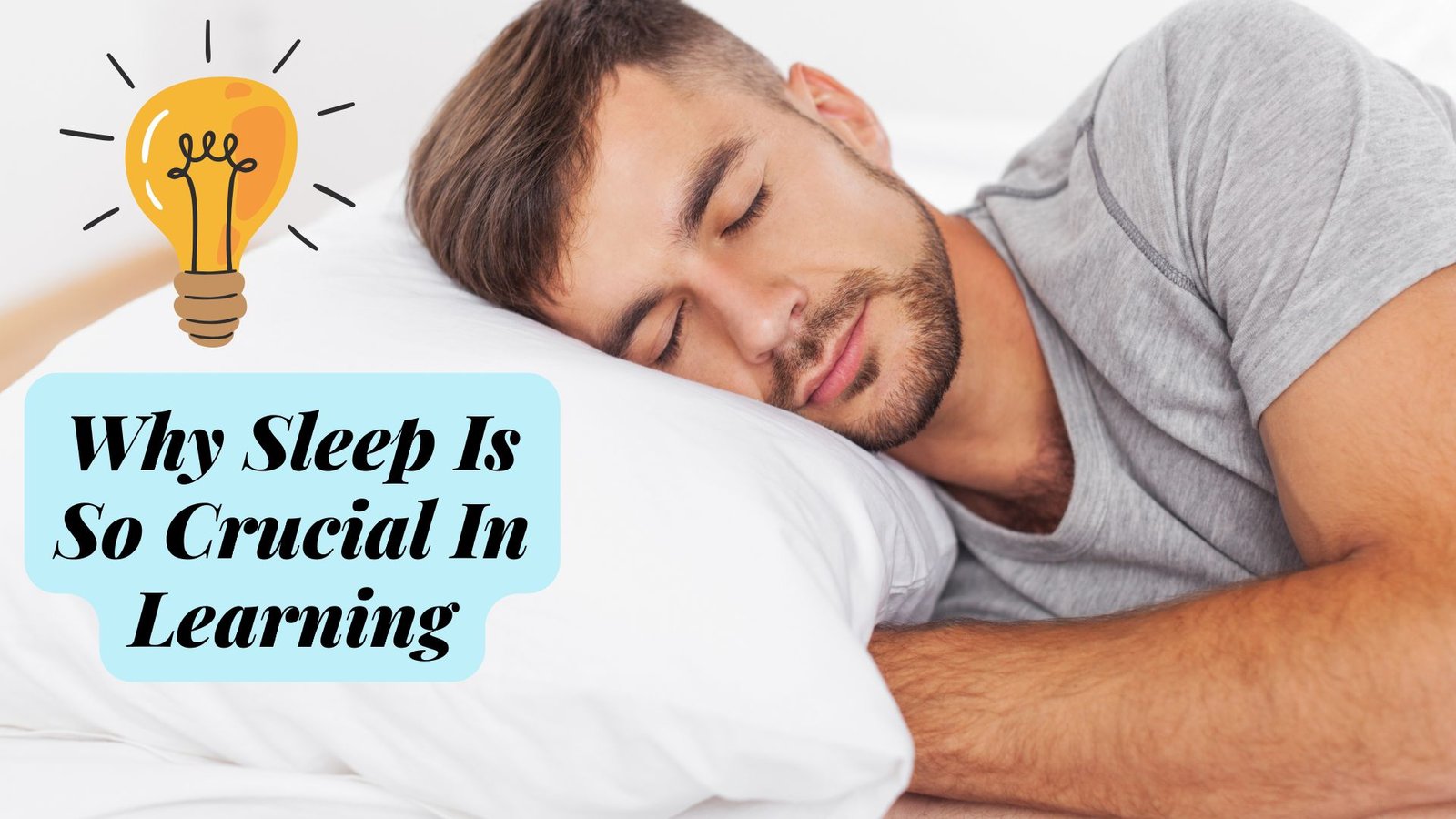Do you ever study for hours, only to forget everything by test day?
Or pull an all-nighter—just to bomb the exam despite your effort?
Here’s the shocking truth:
Skipping sleep to study is like draining your brain’s battery before a marathon. Science proves that sleep isn’t just downtime—it’s when your brain transforms raw information into lasting knowledge.
In this deep dive, you’ll discover:
✅ How sleep acts as a “memory courier”—physically reshaping your brain overnight
✅ MIT’s groundbreaking finding: Students who sacrifice sleep for study get worse grades
✅ The 90-minute nap hack that boosts problem-solving by 40%
✅ Why all-nighters backfire—and what to do instead
Let’s unlock the science of sleep-powered learning.
1. Sleep Is Your Brain’s Filing System
The Hippocampus: Your Brain’s USB Stick
When you learn something new, it’s temporarily stored in the hippocampus—a brain region with limited space. Like a full hard drive, it can’t hold more until you “defrag” it. That’s where sleep comes in:
- Stage 2 & 3 (Deep NREM): Transfers memories to long-term storage in the cortex
- REM Sleep: Links new knowledge to old memories (e.g., connecting history facts to a documentary you watched.
“Sleep is the golden chain that ties health and our bodies together.” — Thomas Dekker
2. The 4 Ways Sleep Supercharges Learning
① Memory Cementing
- A Harvard study found napping after learning improved maze navigation by 35%—but only if participants dreamed about it.
- Why? Sleep replays and strengthens neural pathways like a pianist practicing in their sleep.
② Creativity Boost
- REM sleep (the dream phase) helps solve complex problems. In one study, nappers with REM sleep solved 40% more anagrams.
③ “Forgetting” the Useless
- Sleep prunes irrelevant details (e.g., a noisy café where you studied) so key facts stand out.
④ Athletic & Skill Mastery
- Basketball players who slept 2 extra hours nightly improved free-throw accuracy by 10% in 6 weeks.
3. The All-Nighter Lie
MIT’s Sleep-Grade Shock
Researchers tracked MIT students and found:
- No correlation between late-night study hours and grades
- Strong link between consistent sleep and higher scores
The Zombie Effect
24 hours without sleep = 0.1% blood alcohol-level impairment (worse than the legal driving limit).
4. Hacks to Sleep-Learn Like a Genius
The 90-Minute Magic Nap
- Covers a full sleep cycle (NREM + REM)
- Best for: Creative problem-solving
The “Early Bedtime” Trick
- Sleep before midnight maximizes deep NREM sleep.
Pre-Sleep Review
- Study right before bed → sleep consolidates it first.
Avoid These Traps
❌ Screen time before bed (blue light kills deep sleep)
❌ Cramming without sleep (unconsolidated memories vanish)
5. Your Sleep-Learning Cheat Sheet
| Goal | Sleep Strategy |
|---|---|
| Memorize facts | Study + sleep within 3 hours 7 |
| Solve tough problems | 90-min nap with REM 6 |
| Master a skill | Sleep 7–9 hrs nightly (skill memory improves overnight) 2 |
| Reduce exam stress | Prioritize sleep for 3 nights pre-test 1 |
Key Takeaway
Sleep isn’t lost study time—it’s stealth learning time. As neuroscientist Matthew Walker puts it:
“Sleep is the single most effective thing you can do to reset your brain and body for health and performance.”
Tonight’s Homework: Get 7+ hours of sleep—then notice how much sharper you are tomorrow.
Want More? Explore:
Now you can go and—sleep your way to an A+!

